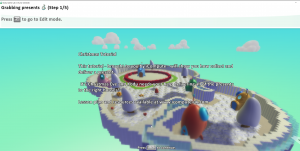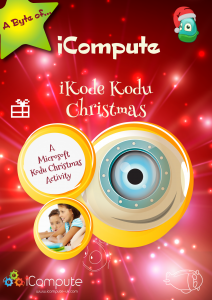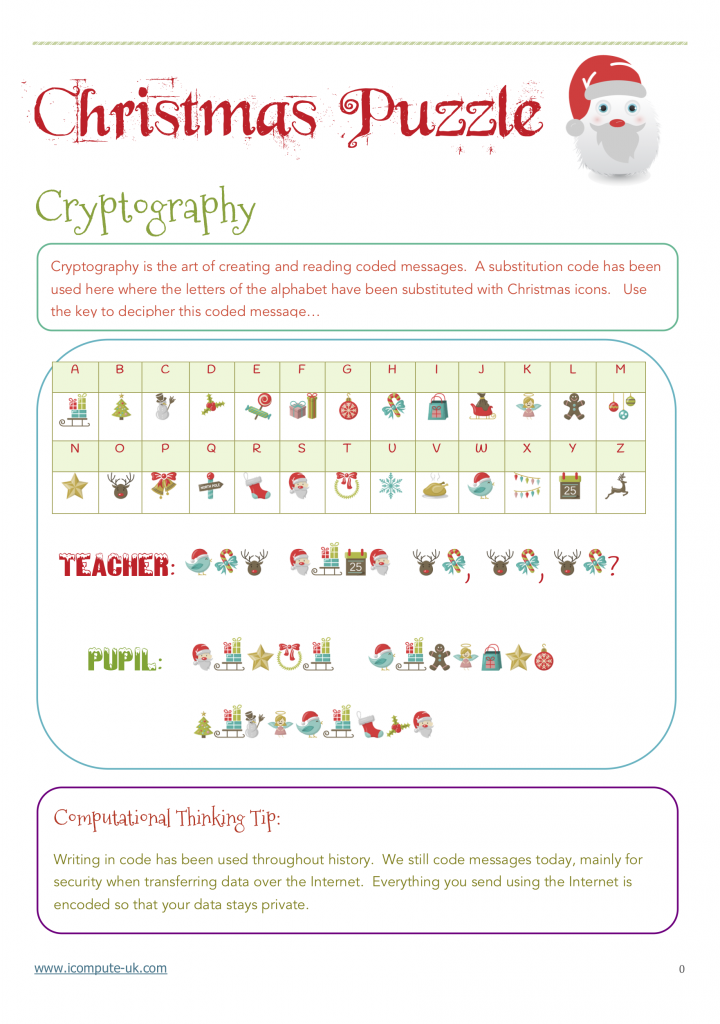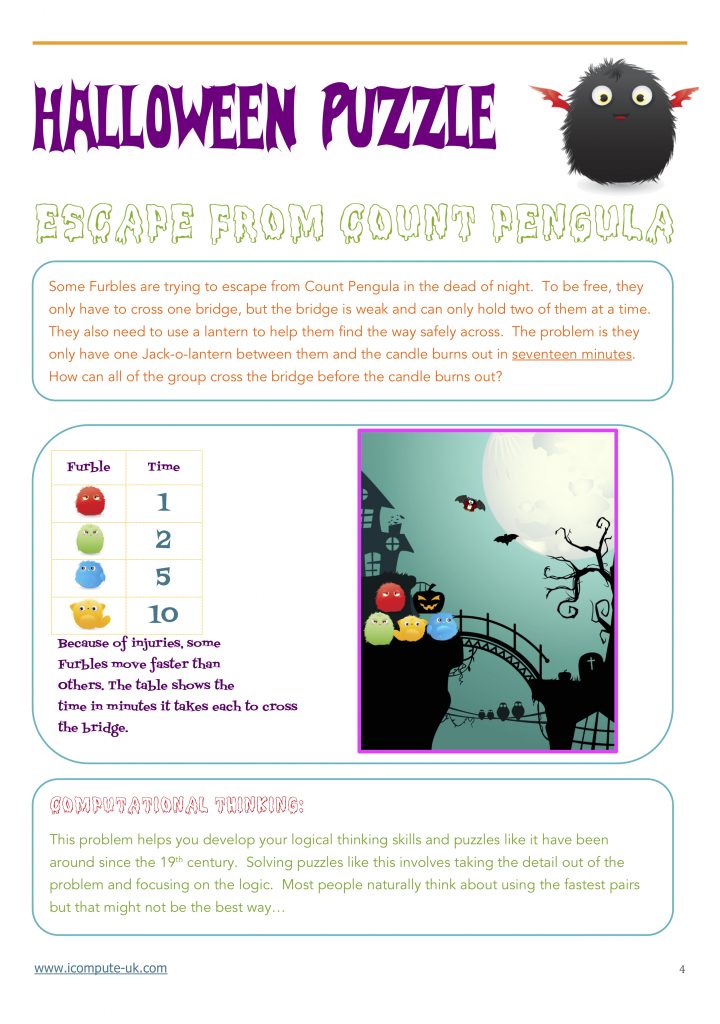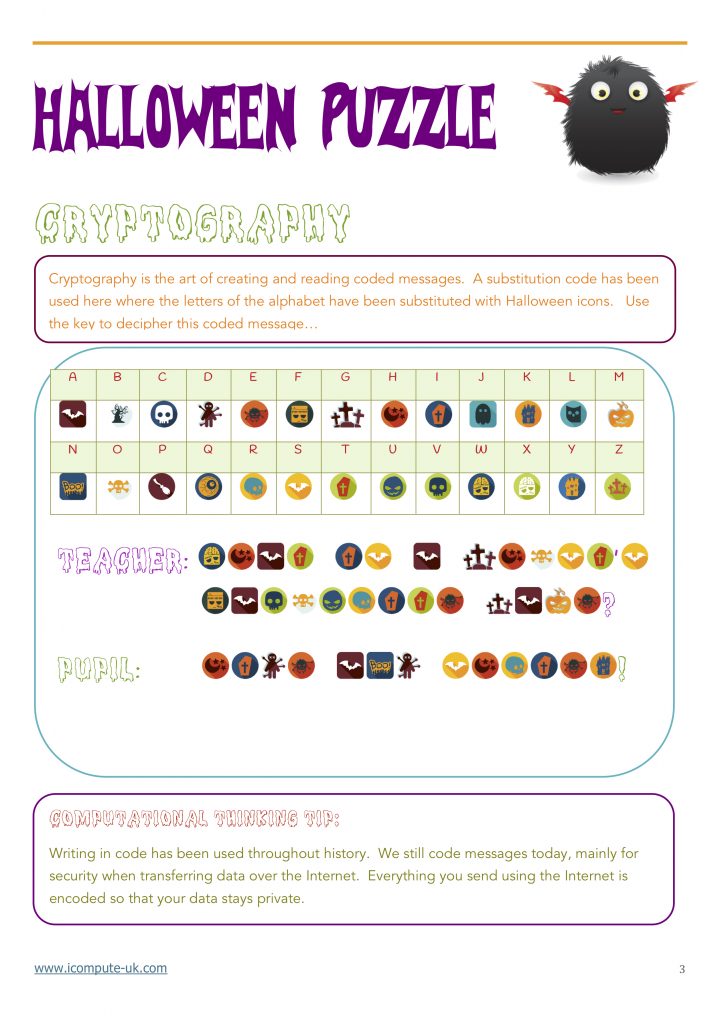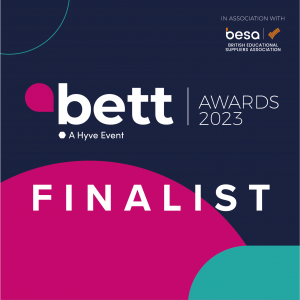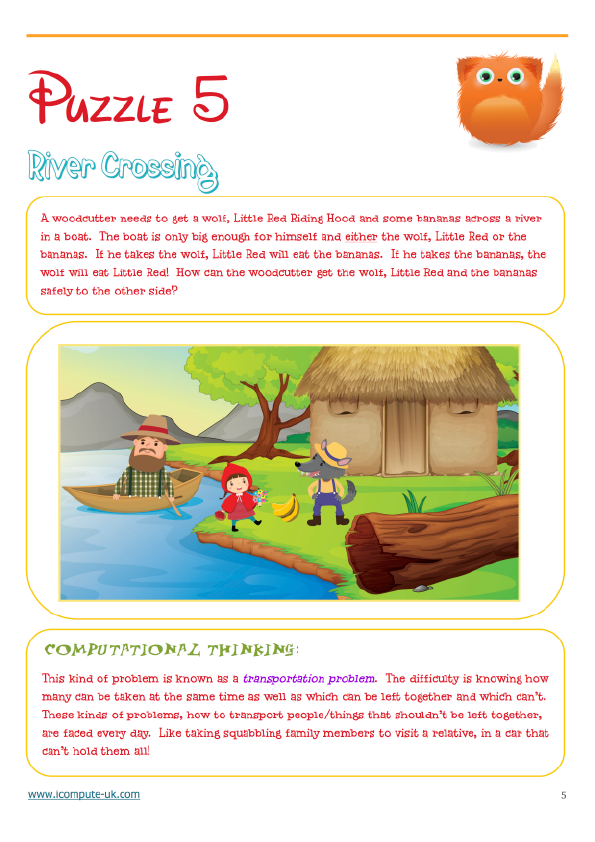Develop Primary Computational Thinking Skills With Puzzles
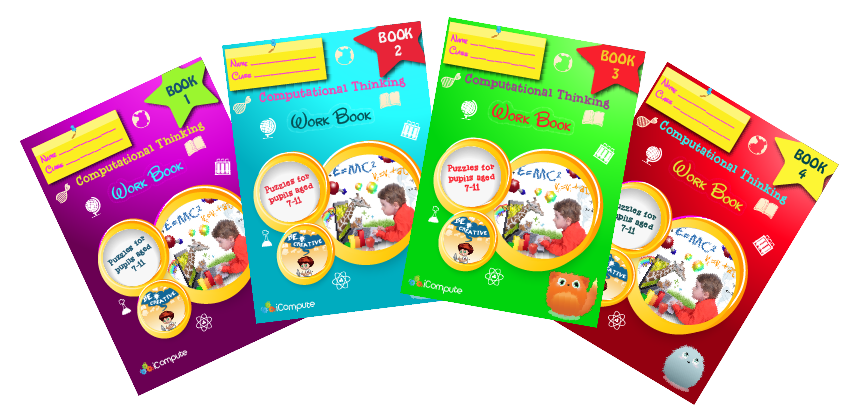
Computational Thinking Puzzle Workbooks
Computational thinking is at the heart of the statutory programme of study for Computing:
“A high quality computing education equips pupils to use computational thinking and creativity to understand and change the world” (DfE).
Since the introduction of the National Curriculum for Computing in 2014, schools now teach computing from the age of 5 and have developed curricula to meet their statutory obligations; however many lack a focus on developing computational thinking skills favouring, instead, to concentrate on the programming, or coding, objectives. In this post, I discuss computational thinking in more detail and how teaching it helps children become problem solvers which is important not just in computing but is an essential life skill.
There has been much research into the benefits of puzzle-based learning. Puzzles help children develop general problem-solving and independent learning skills.
According to Badger et al. (2012) engaging in puzzles means that pupils:
- take personal responsibility;
- adopt novel and creative approaches, making choices;
- develop modelling skills;
- develop tenacity;
- practice recognition of cases, reducing problem situations to exercises.
Additionally, in solving puzzles pupils use and apply a range of strategies that cross disciplines in entertaining and engaging ways.
So what does any of this have to do with computational thinking? By selecting the right variety and complexity of puzzles, children will independently practise and develop computational thinking skills. Computational Thinking is about transforming a seemingly complex problem into a simple one that we know how to solve. It involves taking a complex problem and breaking it down into a series of smaller, more manageable parts (decomposition). Each part can then be looked at individually, considering how similar problems have been solved in the past (pattern recognition), and focusing only on the important details whilst ignoring irrelevant information (abstraction). Next, simple steps or rules to solve each of the smaller problems can be designed (algorithms). Once we have a working solution, we then use evaluation to analyse it and ask – Is it any good ? Can it be improved? How?
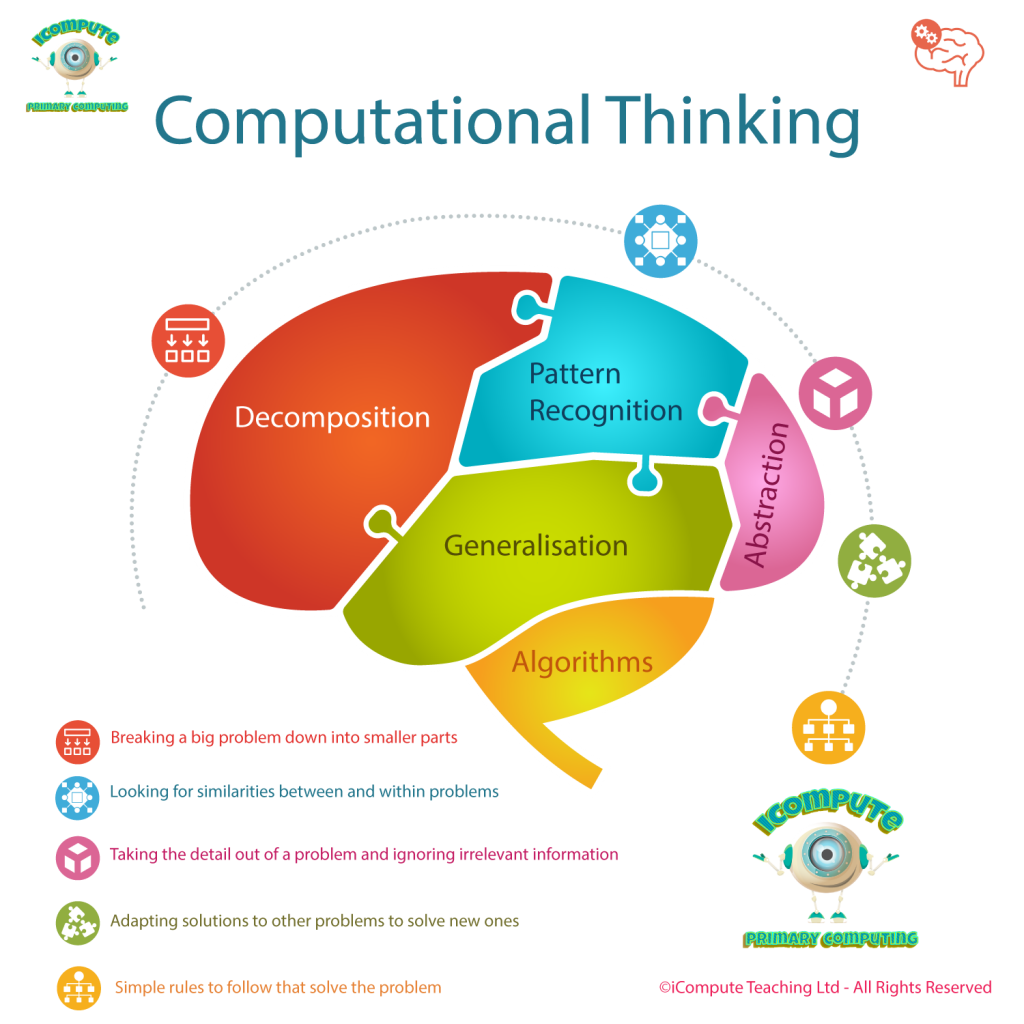
Computational Thinking
This will enable them to find solutions and apply those already found to different problems, in different contexts. All of this helps lay the foundations for pupils to become effective problem solvers. Skills that are increasingly important, as discussed in this post, given the digital world we live in and the need to prepare pupils to solve as yet unknown problems using tools and technologies that do not yet exist.

Best Educational Book
UPDATE: iCompute’s Computational Thinking Puzzle Workbooks 1-4 have been shortlisted for prestigious ERA (Education Resource Awards) 2017 for Best Educational Book.
References:
Badger, M., Sangwin, C, J., Ventura-Medina, E., Thomas, C, R.: 2012, A Guide To Puzzle-Based Learning In Stem Subjects, University of Birmingham.
Save
Save
